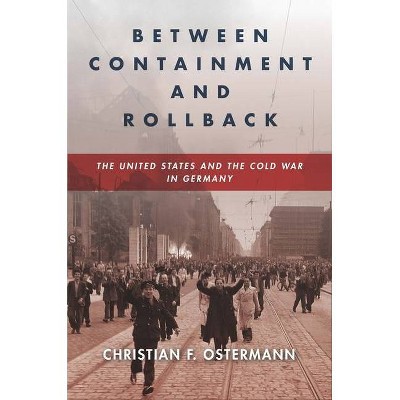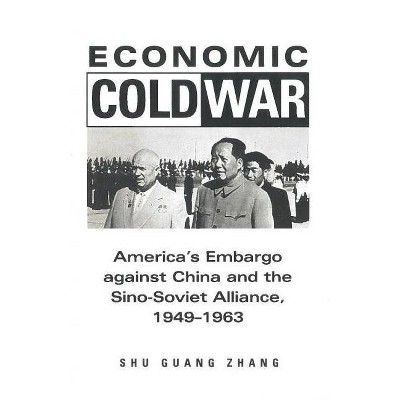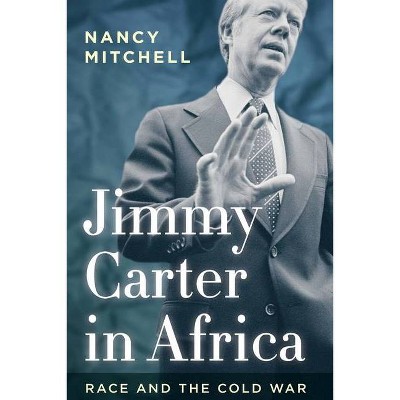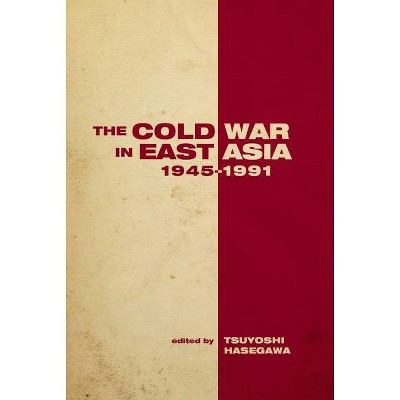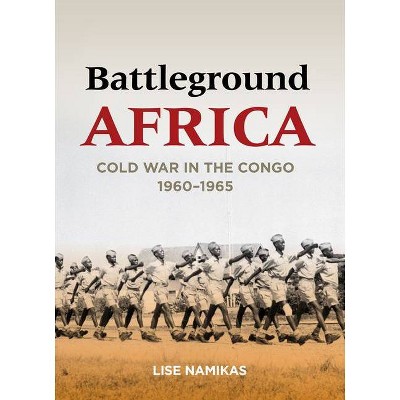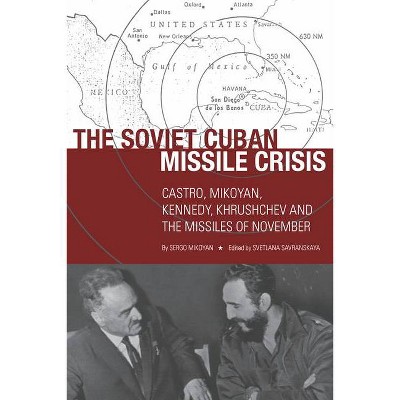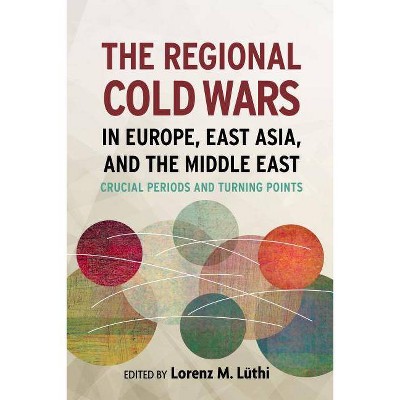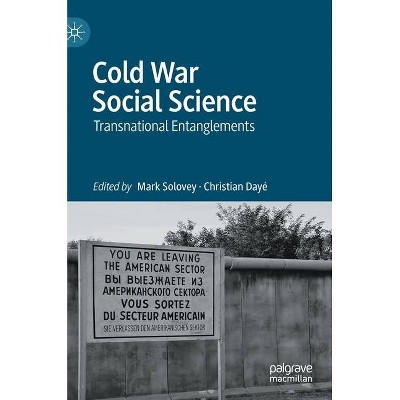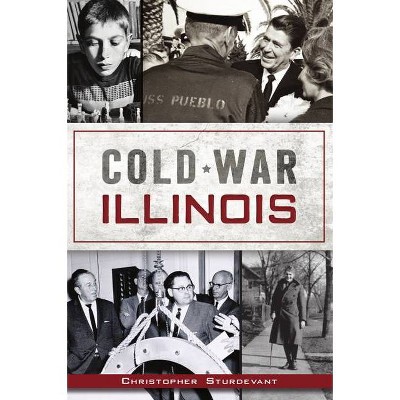Connecting Histories - (Cold War International History Project) by Christopher E Goscha & Christian F Ostermann (Hardcover)
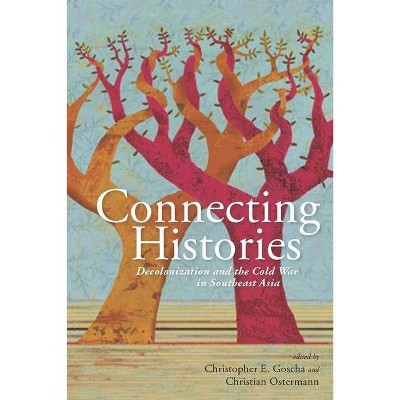
Similar Products
Products of same category from the store
AllProduct info
<p/><br></br><p><b> Book Synopsis </b></p></br></br><p><i>Connecting Histories: Decolonization and the Cold War in Southeast Asia</i> draws on newly available archival documentation from both Western and Asian countries to explore decolonization, the Cold War, and the establishment of a new international order in post-World War II Southeast Asia. </p> <p>Major historical forces intersected here--of power, politics, economics, and culture--on trajectories East to West, North to South, across the South itself, and along less defined tracks. Especially important, democratic-communist competitions sought the loyalties of Southeast Asian nationalists, even as some colonial powers sought to resume their prewar dominance. These intersections are the focus of the contributions to this book, which use new sources and approaches to examine some of the most important historical trajectories of the twentieth century in Burma, Vietnam, Malaysia, and a number of other countries.</p><p/><br></br><p><b> Review Quotes </b></p></br></br><br><i>Connecting Histories</i> is an important resource on an underexamined subject, namely the intersection in Asia of the East-West struggle and the North-South struggle during the two decades after 1945. An authoritative, consistently illuminating study.--Fredrik Logevall "Cornell University"<br><br>All in all, this volume is a truly indispensable work for those studying modern Southeast Asian history or Cold War history. Its contributors have done extensive research in various--American, British, French, Russian, and Chinese--archives, and its bibliography is composed of a wide range of secondary sources published in ten languages. To the credit of its editors and contributors, this book brings new perspectives into scholarship in a remarkably non-polemical way.--Balazs Szalontai "<i>H-Soz-u-Kult</i>"<br><br>Goscha and Ostermann have assembled a remarkable collection of essays that represent a stimulating complement to the emerging scholarship of new Cold War history . . . Overall, this is a refreshing, insightful examination of a part of the world often neglected in historical accounts detailing the early years of the Cold War . . . Highly recommended.--C. G. Frentzos "<i>CHOICE</i>"<br><br>The roster of contributors comprises a broad, international cast of top established and younger scholars, and the scope of the book is bold and imaginative. This volume has the potential to be a model volume of the new international history.--Robert McMahon "The Ohio State University"<br><p/><br></br><p><b> About the Author </b></p></br></br>Christopher E. Goscha is Associate Professor of History at the University of Québec at Montreal. Christian Ostermann directs the Woodrow Wilson Center's History and Public Policy Program. Contributors come from Canada, France, Malaysia, Russia, the Philippines, Singapore, the U.S., and the U.K.
Price History
Price Archive shows prices from various stores, lets you see history and find the cheapest. There is no actual sale on the website. For all support, inquiry and suggestion messagescommunication@pricearchive.us
